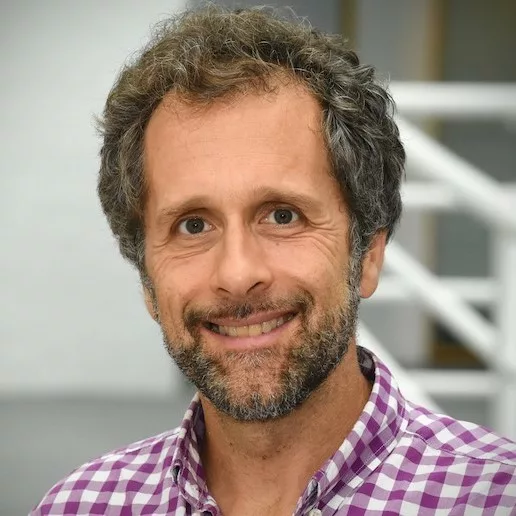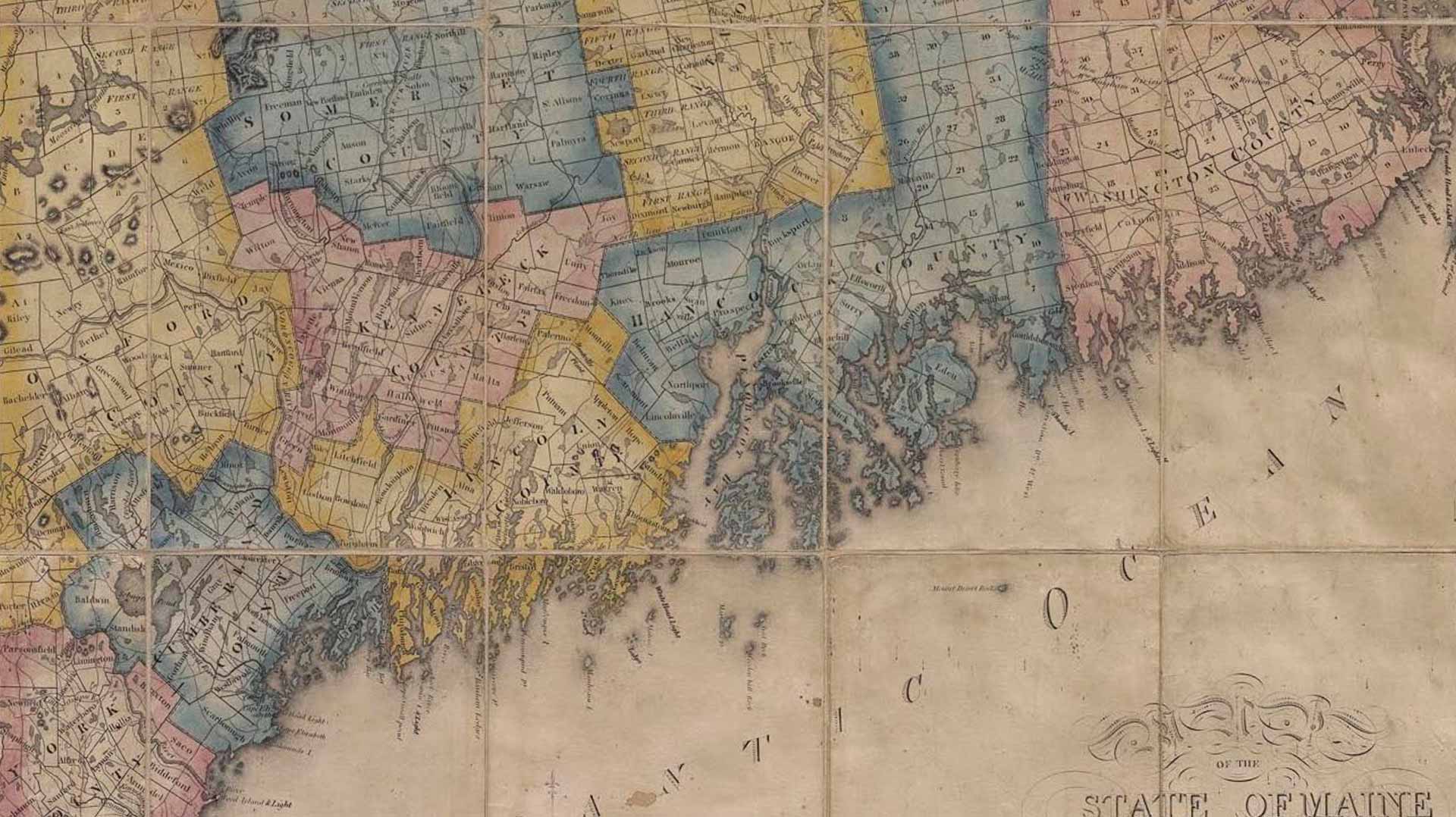George Lincoln Skolfield, Jr. Professor of Religion, Bowdoin College
he/him
Robert Morrison is George Lincoln Skolfield, Jr. Professor of Religion at Bowdoin College in the United States. A scholar of science in Islamic societies and Jewish cultures, he is currently finishing a book on cultural exchange in the Eastern Mediterranean. His teaching includes courses on astrology, Islam, Judaism, science and religion, and religion and the environment.

Talks
Decolonizing Nature in Afrofuturism
Nature often seems to be a good thing. Mother nature deserves our respect and natural foods are better than processed foods. Nature can often be a refuge from the crazy world around us. Yet ‘nature’ is not a neutral or universal term.
In the New Testament, homosexual sex is condemned as contrary to nature. In the United States, the history of the national parks is far from pristine. This talk focuses on the Afrofuturist film Space is the Place as a source for an alternative refuge, space, and Octavia Butler’s alternative, challenging presentation of the non-human world in Parable of the Sower.
This talk is made possible in part by the National Endowment for the Humanities (NEH). Any views, findings, conclusions, or recommendations expressed in this presentation do not necessarily represent those of the NEH.
Religion and Nature in Parable of the Sower
In Octavia E. Butler’s Parable of the Sower, natured is portrayed as being harsh. While day still follows night and food sometimes comes forth from the ground, precipitation is unpredictable and animals are even more emboldened to attack humans.
This talk explores how a breakdown of natural order coincides with a breakdown of human society and a re-evaluation of morality. We will also investigate how Butler’s protagonist, Lauren Olamina, theorizes a new God for the dystopian world she lives in. Her challenging ideas empower her and her younger, previously marginalized companions.
This talk is made possible in part by the National Endowment for the Humanities (NEH). Any views, findings, conclusions, or recommendations expressed in this presentation do not necessarily represent those of the NEH.

